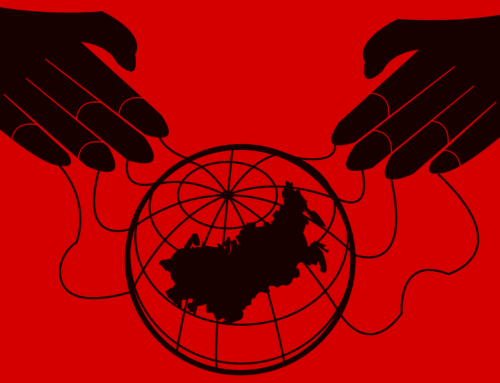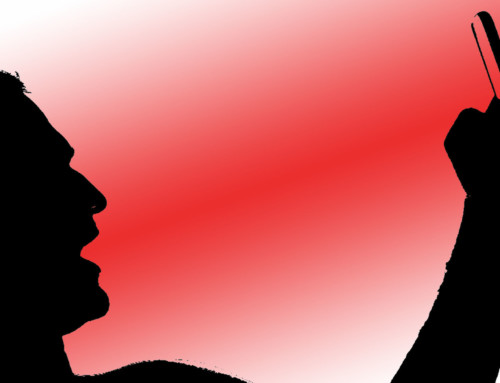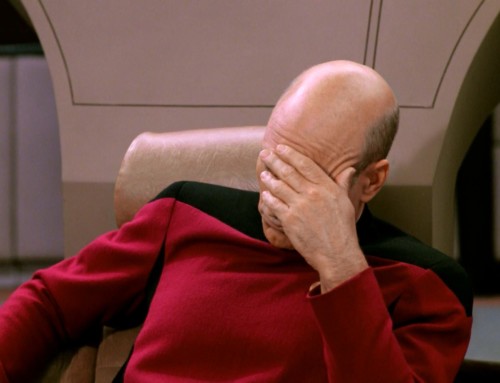What is the internet?
Growing up, it was the Wild West; an uncharted expanse where you could happily lose yourself in that six hours between homework and bed. “Going online” was itself a rite: you did not suffer the pain of establishing a dial-up connection unless you intended to linger awhile. Although there were still safe harbors (my first “home base” was the forum board for the original Sims), there was nothing like a Facebook to keep you rooted to the same spot. You explored and saw crazy stuff. You could follow hyperlinks and drift on the fringe from one boutique website to the next, journeying all night without encountering the mediating power of Google or Wikipedia.
I know for a fact that the internet was smaller back then, but it felt like there was much more to it.
Today, it is so different. When I’m wasting time, I tap out a couple letters and the browser reads my mind: “Fa” for Facebook, “Tw” for Twitter, “Y” for YouTube. This is where I spend 80% of my online life — where most of us do. “Real” websites are now most often spokes on the wheel, bio pages or clickbait farms, built on the backbone of a handful of ultra-powerful social networks. It is the news algorithms of this handful of (benevolent) giants that shape our subjective reality.
Hossein Derakhshan was a high-profile Iranian blogger who entered a literal time machine. From 2008 to the end of 2014, he was jailed as a dissident by the state. As he put it, “Six years was a long time to be in jail, but it’s an entire era online.” When he returned to writing, he mourned for what had been lost:
The web was not envisioned as a form of television when it was invented. But, like it or not, it is rapidly resembling TV: linear, passive, programmed and inward-looking.
When I log on to Facebook, my personal television starts. All I need to do is to scroll: New profile pictures by friends, short bits of opinion on current affairs, links to new stories with short captions, advertising, and of course self-playing videos. I occasionally click on like or share button, read peoples’ comments or leave one, or open an article. But I remain inside Facebook, and it continues to broadcast what I might like. This is not the web I knew when I went to jail. This is not the future of the web. This future is television.
He finishes his powerful essay with a plea to “save” the web that was. But, of course, there is no going back. More than a billion human beings now spend an hour each day browsing Facebook. You cannot fight economies of such scale.
I have no doubt that the founders who built today’s Silicon Valley giants did so out of love for what the internet was. They joined the relentless march to make it better and found success beyond all measure. They did not realize that there was a point at which their incredible platforms would achieve critical mass: where they would not expand the internet’s potential so much as they would become its very foundation. A foundation ultimately governed not by starry-eyed engineers, but by paranoid and greedy stockholders.
Two recent developments stick in my head. The first is the continuing algorithmic diminishment of “Publisher” pages on Facebook, shifting more focus to links shared by friends and acquaintances — but also ensuring that the media will be even more diligent in tailoring its products to the preferences of the newsfeed. The second is YouTube’s significant revision of its advertising rules and guidelines, eliminating monetization for videos whose subject is “controversial or sensitive,” which will almost surely steer major YouTube stars toward editorial focuses that can still turn a profit. Both of these developments make complete sense for profitable businesses. But each demonstrates how different today’s internet has become. So powerful and indispensable, Facebook now holds hundreds of publishers in thrall. Meanwhile, YouTube continues its transformation from a de facto webcam social network to a next-generation cable platform.
There is no call to arms that would “fix” this. Nor am I sure that it’s really broken. The internet continues to be amazing: I’m online 8-10 hours a day, tracing the contours of a global conversation that never stops. How much does it matter, really, if it unfolds beneath the banner of the same few familiar logos?
But then I think back to the slow, rickety web that I grew up with, overflowing with those shitty, do-it-yourself Geocities pages that are now wholly irrelevant in an age where you can plant a flag with a few touchscreen taps. And in remembering, I’m sad for what’s been lost.




Leave A Comment